When we think of cancer and advocacy, we immediately think of Shannen Doherty. I myself know of her work in advocacy and bringing awareness to the deadly disease than I do of her work as an actress. Sadly, she passed away due to her illness that she battled since 2015. I personally knew her work in bringing awareness to the deadly disease more than I ever knew of her work as an actress. The last 9 years of her life were filled with turmoil and sadness, but also with much optimism and looking ahead for the future. Even in her fight to finalize her divorce, she never gave up. Even after her death, she’s making a difference in the world. She’s breaking barriers. Her bitter divorce from her photographer husband, Kurt Iswarienko, was finalized 1 day after her death, and her family, friends and peers are continuing her legacy through her podcast, ‘Let’s Be Clear With Shannen Doherty’, and more.
Though Doherty practically became the face of cancer in the past decade, we can’t ever forget Dana Reeve. She passed away due to cancer in March 2006. She was only 44 when she succumbed to the deadly disease that also left her son, Will Reeve, orphaned. Oh, yes…did I forget to mention that Dana Reeve was Christopher Reeve’s wife? Reeve was, of course, the legendary superhero that is Superman. He passed away in 2004. That October, he was being treated for an infected pressure ulcer that was causing sepsis, a complication he had experienced many times before. On October 9th, after attending Will’s hockey game, he went into cardiac arrest after receiving an antibiotic for the infection. He went into a coma and passed away the following day.
It’s weird to refer to Dana Reeve as just Christopher Reeve’s wife. She was so much more than that. She was more than just his wife. She was also an actress. She starred in ‘Law & Order’, ‘All My Children’, as well as numerous Broadway and off-Broadway productions. She was a co-host. She co-hosted a daytime talk show alongside Deborah Roberts. She was a writer and author. She wrote the book, ‘Care Packages: Letters to Christopher Reeve from Strangers and Other Friends’. At the time of her death, she was in working on another book, but never got to finish it and therefore, the book never saw the light of day. Most of all, however, she was an activist.
Following Christopher Reeve’s accident, he created The Christopher Reeve Foundation, which was renamed to The Christopher & Dana Reeve Foundation following Dana Reeve’s passing in 2006. According to its official website, the foundation is ‘is dedicated to curing spinal cord injury by funding innovative research, and improving the quality of life for people living with paralysis through grants, information and advocacy.’ The foundation’s activism includes:
- Policy influence: The CDRF advocates for policy change to help people living with paralysis.
- Raising awareness: The CDRF raises awareness about spinal cord injuries and paralysis.
- Sharing information: The CDRF shares information and resources with people living with paralysis and their families.
- Research funding: The CDRF funds research to find cures for spinal cord injuries and paralysis.
- Collaboration: The CDRF collaborates with scientists and labs to develop treatments for paralysis.
- Advocacy through social media: The CDRF uses social media to advocate for change and inspire others to take action.
When I think of Dana Reeve, I immediately think of love; unconditional love. In 1995, Christopher Reeve was involved in a horse-riding accident that left him paralyzed from the neck down. While hospitalized, he said, ‘I ruined my life and everybody else’s. I won’t be able to ski, sail, throw a ball to Will. Won’t be able to make love to Dana. Maybe we should let me go.’ Dana, in turn, said to him, ‘You’re still you. And I love you.’ Those were the 7 words that saved his life. It was Robin Williams that saved his life at the hospital following the accident as well.
The two actors (both now sadly gone as Williams passed away in 2014 when he unalived himself) first met in 1973 Juilliard School’s Advanced Program. They were among a select few students accepted into the program. They became roommates and made a pact to support each other if either of them was the first to make it big. Reeve’s Hollywood career began in 1978 as Superman, and Williams worked his way from stand-up comedy to hit television roles, such as ‘Mork & Mindy.’ In his 1998 memoir, ‘Still Me, Reeve wrote of his friendship with Williams, ‘Robin was able to share his real feelings with me, and I always did the same with him. This has remained true for twenty-five years.’
Reeve was at the hospital unsure if he wanted to continue living following his accident. He learned he had 50% of living and was paralyzed from the neck down. The accident involved Reeve being thrown from his horse during an equestrian jumping event in Virginia. He landed on his head, fracturing his first and second vertebrae. Surgery was required to reattach his spine and skull. He had the support of family, like Dana, of course, as well as his friends, including Williams. When the comedian came to visit him, he surgical gown and scrub hat. In a Russian accent, he told Reeve he was a proctologist there to perform an examination. Reeve realized the supposed doctor was, in fact, Williams, reprising his character from the movie ‘Nine Months’. That marked the first time that Superman laughed since the accident. Being able to do that changed his entire mindset. He later told Barbara Walter’s, ‘I knew then: if I could laugh, I could live.’
The two remained friends until Reeve’s death in 2004. Though he always denied that he stepped in to handle the family’s many bills, of which insurance didn’t cover, Williams did admit to one act of generosity. He said in 1999, ‘We bought Chris a van and a generator. One night the generator they had for Chris crapped out, so there was Chris’ wife Dana outside in the middle of the night trying to hand-crank the thing.’ He also traveled to Puerto Rico to attend an American Paralysis Association fundraiser with Reeve and became a board member for Reeve’s foundation. When Reeve appeared at the Academy Awards in 1996, Williams celebrated with him.
Anyone in the world would be so lucky to have a friend like Robin Williams. And Christopher Reeve too. According to Williams himself, Reeve would pay for his food and livelihood during their Juilliard days when he couldn’t afford it. True male friendships are hard to come by. I see it to be true through my husband’s friendships. It’s hard for everyone, really. It’s especially hard when you have something as devastating as Christopher Reeve’s accident occur that changes your life forever. It made me think of my own friendships following me surviving the car accident that changed the entire course of my life, and my friendships thereafter. Friends at the time supported me any ways they could. Most of all, I needed emotional support, and I really don’t know how I would’ve survived that period of my life had it not been for my friends; from the day I got out from the hospital following the car accident, to the first seizure I suffered a year later, and beyond. Just knowing I could call a girlfriend any time of day to talk to her for hours on end and even ask her to meet up with me was so special to me.
If there’s anyone in the world who took the saying ‘For better or worse; in sick and in health’ seriously during her wedding vows, it’s Dana Reeve. She’s the epiphany to the definition of love and care when life isn’t as bright as you thought it might be. She once said, ‘I learned a long time ago life just isn’t fair, so you better stop expecting it to be.’ And that’s true. Life ISN’T fair. I thought that living life with cerebral palsy was hard enough. I didn’t expect to be diagnosed with epilepsy and having to live with the chronic illness as well. I used to be the girl that made fun of seizures. I used to be the girl who couldn’t imagine the lives of those who lived with both cerebral palsy and epilepsy. I used to be the girl that never wanted to know what life was like. And suddenly, I did. In my own life, there are several Dana Reeve quotes I live by:
- Some of the choices in life will choose you. How you face those choices, these turns in the road, with what kind of attitude, more than the choices themselves, is what will define the context of your life.
- Be brave. Be open-minded. Be kind. Be forgiving. Be generous. Be optimistic. Be grateful for the many unexpected lessons you will learn. Find the joy inside the hardship. It’s there. I assure you. And, too, be open to inspiration from unlikely sources.
- You have to celebrate the gifts because life is so hard and I think once you realize life’s gonna be hard, the good stuff really comes forward.
- Just when you think you’re coming out and you think, ‘OK, I see the light at the end of the tunnel,’ then I got this diagnosis.
- We have become accustomed to living our life with joy amidst pain and challenges.
I remember getting to know Dana Reeve’s story and thinking to myself what a strong, badass woman she was. I also remember vividly thinking to myself of two things. The first being that I find someone who’d love me that as much as she loved her husband, and the second being that I be as strong of a woman that she was when I grew up. Never in a million years did I think life would throw curveballs at me and show me the way to enduring more hardships in my life.
I found someone in my life who showed me the way to love. He eventually became my husband. Finding someone who’d eventually be my life partner wasn’t a happy ending for me. As Damon’s Fanning said in the 2003 film, ‘Uptown Girls’, which also started the late Brittany Murphy, ‘Every story has an ending. But in life, every ending is a new beginning.’ That was exactly what happened. No could’ve ever predicted what our life together would look like as the years went by. That’s not to ever say that I regret my life with him, because to be honest, it was all worth it in the end.
My husband and I had experienced several years of endless hurdles. First, he got sick with an autoimmune disease that had taken a toll on his livelihood for two years. This is something that he himself stays private about, so I won’t go into great detail about that part of our life. All I’ll say is that those two years were very difficult, but also vital in our relationship. I was his caretaker for those two years; a role I never thought I’d have to undertake. He was always someone that took pride in his health and the healthy lifestyle he led, and it was all taken away in a blink of an eye. And me…as I became his caretaker, I watched the person I loved most become an entry different person than the one I initially fell in love with. It was a tough pill to swallow as I grieved the person beside me.
In the midst of his illness, my husband and I were involved in a car accident that led me to get diagnosed with epilepsy. We were ill simultaneously. We were taking care of each other. His condition eventually improved, whereas mine got worse. This particular period in our relationship, though hard, made us see that we could get through literally anything. That was also the period in our relationship that made us decide to get married after being adamant before that neither of us wanted that due to witnessing our respective parents’ relationships. Maybe that’s why we were never ready to give up on our marriage, even in the midst of a separation.
In the midst of our health battles, our biggest stressor was my father-in-law. He endlessly meddled in our relationship. He meddled in our relationship before my husband ever got sick he had his own views of my life with cerebral palsy looked like based on a book he read, probably written by a doctor who retired in 1975. He gave the book to my husband to prove a point. He threw in the garbage, but I was intrigued to read it. I was interested to know what my life COULD’VE looked like.
With that being said, the meddling in our relationship didn’t end with neither one of our illnesses. As a matter of fact, it only got worse. Following the birth of our son, it got to a point where my husband went no contact with his father, and that was the best decision he ever made for himself and for our family. There’s only so much disrespect and abuse a person can ever take. Even the most patient person loses their patience, and that’s exactly what happened. The details of it all don’t even matter. You can’t ever change someone who doesn’t want to change. You can’t make someone who doesn’t want to be a better person to be a better person. You can’t beg someone who doesn’t want to be good to you be good to you. You can’t make someone who doesn’t want to respect you to respect you.
Looking back at the entire ordeal made me think a lot about the difference between what my father-in-law’s perspective of what my relationship with his son would look like vs. what it actually turned out to be. Throughout a majority of my relationship with my husband, my father-in-law endless attempted to prove to him that he’d end up being my caretaker if he stayed with me. What ended up happening was that it was me who became my husband’s caretaker, whereas throughout my illness, even at my worst, and even despite the fact that I have a disability I was born with, I was still able to care for myself. THIS is very telling about just how fragile life can be, and how it’s filled with uncertainty and unknowns.
Life is unpredictable, and I’ve learned in my own experience is that we should never expect things to stay the same. Nothing in our lives ever stays the same. We’re ever so changing. We constantly evolve. life moves pretty quickly, and it can be, at times, unpredictable. I never imagined I’d ever be diagnosed with epilepsy and the way my life had turned out. My husband never imagined his life would turn out the way it did. And yet, we both had to live our lives with everything that was given to us – both individually and together as a united front – and always attempt to better ourselves while we were at it. With our years being ill, we learned so much about ourselves – how strong we are, for one. How deeply we care for one another. How we’d do absolutely anything for one another. How much we’d sacrifice for one another. But even more so, we learned how resilient and empowered we both have become.
My father-in-law was very adamant that I wasn’t good enough for his son. He said I’d be an embarrassment to the family. I can wholeheartedly say that that’s absolutely not true. That was all in his tiny little brain, and I didn’t come to be an embarrassment to his family. My father-in-law is actually a very smart man, but he’s book smart. He relies too much on what he reads in books and has no interest learning more beyond that. That’s why he failed getting to know beyond what he read in a book about cerebral palsy. He read about what cerebral palsy was and refused to get to know me beyond that. But my life with cerebral palsy was nothing like what the book said. I’ve actually had a much richer life, and I’ve achieved so much more than what the book’s premise had initiated itself to be.
The book that I’m talking about stated that people with cerebral palsy couldn’t work, couldn’t take care of a household, couldn’t obtain an education, couldn’t bear children, couldn’t take care of children on their own, and couldn’t work. My all time favourite, though, was the book saying that people in wheelchairs are wheelchair-bound by the age of 40. And my father-in-law, of course, said all those things in his arguments as to why his son shouldn’t be with me. He also added in there that his son would never be able to do what regular 20-year-olds do if he stayed with someone like me. My husband came to his parents’ house once to pick something up after our date before we headed to my parents’ house for a sleepover, and when he said hello to his father, instead of saying hello back, he said to him, ‘Go be with your crippled girlfriend. I’m sure you’ll have more fun with her.’ When my husband said this to me, I giggled, because to that I’d say, ‘You know what, he DOES have more fun with me.’
By the time that I met my father-in-law, as well as my husband’s stepmother and his sisters, we’d already been together for a year. I met my mother-in-law and the rest of the family months prior to that. By the time I met my father-in-law, my husband had already gotten to know my life with cerebral palsy very well. And nevertheless, in his eye, I was never good enough. In the times I saw him, he NEVER, not once, looked in my direction. If he did show eye contact or any sort of acknowledgment that I was in his presence, it was only after a few drinks. And I personally had no issue with that. I knew I was worthy despite what my father-in-law ever thought of me. I knew I could achieve greatness, and I have. I’ve achieved everything he said I couldn’t and more. My father-in-law’s greatest flaw is that he’s very much by the book. Not just when it comes to me, but with everything in his life. His own life would’ve turned much different had he’d known beyond that, or if he was willing to see and learn beyond that. But that’s a he problem, not mine.
What my father-in-law failed to realize is that my life with my husband turned out the very opposite of what he’d assumed. If we were to go by what my father-in-law had ever said, it would’ve been my husband that wasn’t good enough for me, and it would’ve been me that deserved better. What my father-in-law failed to realize is that despite me being disabled from birth, it didn’t guarantee that his son wouldn’t become disabled. There was a time where my husband was less physically capable than me, so what would my father-in-law say about him in that state had he been born that way? What my father-in-law failed to realize is that anyone’s life could change in an instant. My husband’s life certainly did. And who’s ever to say that my father-in-law’s life couldn’t turn upside down in an instant? He could get in an accident and be wheelchair-bound too at any moment. Just because someone was born healthy doesn’t make them better than someone who was born with a disability.
Following Dana Reeve’s death in 2006, many people used such beautiful words in describing her. Former US President once described Dana Reeve as the following, ‘She was a woman with an incredible heart who really put herself out there to help people with disabilities, and especially those who are care-givers something she knew a lot about.’ Kathy Lewis, the president of The Christopher & Dana Reeve Foundation described her as being ‘tired but with her typical sense of humour and smile, always trying to make other people feel good. “She was a woman with an incredible heart who really put herself out there to help people with disabilities, and especially those who are care-givers something she knew a lot about.’ Jane Seymour, who co-starred with Christopher in the movie ‘Somewhere in Time’ said of Dana, ‘She showed us all the true power of love, an unflinching optimist who never let anything get her down—and if she did, she never showed us.’ And finally, Robin Williams said, ‘The brightest light has gone out. We will forever celebrate her loving spirit.’
And speaking of Robin Williams, there was another very important act of kindness that he and his family did for the Reeve family. When Dana was performing in a production of ‘Brooklyn Boy’ on that fateful October 9 in California, she got a call from Christopher’s doctor in New York telling her he was at the hospital after suffering a cardiac arrest. It was then that Marsha Garces-Williams, Robin Williams’ wife at the time, who quickly got Dana on a private flight back East. Though Christopher was in a coma by that point, she was able to say goodbye to him before he died.
Throughout her journey in caring for her husband following his accident, Dana was hailed as a superwoman. But she hated that. She told Good Housekeeping in 1997, ‘It bothers me to be thought of that way. Of course I’m doing this. What other option is there? What happened was a truly terrifying, life-altering thing, and my initial response was just like being hit by a bucket of water.’ She later told The New York Times in 1998, ‘We decided I must be his wife, and not his nurse. Though I occasionally do his hair shampoo, because it’s a sexy, intimate thing. Chris is incredibly resilient. He will occasionally get down, hit rock bottom. I just listen, and try to find things that can help. Close physical contact is helpful.’
In September 2024, Christopher Reeve’s 3 children – Matthew, Alexandra, and Will – released a documentary film about their father, ‘Super/Man: The Christopher Reeve Story’. Alexandra said watching the documentary’s final cut was ‘like we just got two hours with our family back. Just these normal moments of family life captured again.’ She also said her all-time favourite moment in the documentary was a home clip filmed by Matthew in which Dana prepares a cup of coffee for her husband and gets into bed with him while he sips it through a straw – a true testament to the definition of true love; a testament that someone becoming ill or disabled doesn’t mean that love is dead; and that becoming a partner’s caregiver doesn’t mean love is dead. Sometimes, it’s the little moments that really count.
I want to end this blog entry by including some quotes I found by Christopher Reeve’s children throughout the years following his 2004 death:
- Matthew – It’s an honor to continue the work my father began. He remained a magnetic, larger-than-life figure. He was charming and funny and socially active. He also never took a day off fighting for more research dollars. People said he really was Superman but he emphasized that the ability to endure, the power to love, everyone has that.
- Matthew – When he was injured, he was told, ‘This is your wheelchair, get used to it. You will not recover any mobility.’ Nobody who is injured today should be told that because it’s not true.
- Matthew – Back then, a cure for spinal injury wasn’t thought to be a possibility but my father had great hope and worked relentlessly to raise money for research. He had such belief and would say, ‘We want to find a cure: let’s get it done,’
- Alexandra – I have a very strong memory when I was probably four or five years old, and I was riding a bike with him in Central Park, and obviously still needed his support as I was figuring out how to do it.
A big crowd of kids rushed up and came to get his attention. I remember so clearly that he picked up his hand from holding the back of my bicycle and turned to the kids to say hi. And I thought, ‘Oh dad, of all the moments to talk to kids, I get the gist, but this is the time to pay attention to me.’ - Alexandra – Our family just came together. Every family member in our extended family descended on the hospital. We all set up a makeshift camp outside the ICU, and it went from being there for a couple of days to doing an extended stay to being what ended up multiple months. We just came together as closely as he could.
- Alexandra – We spent our days going through the mail. Reading letters from kids in schools around the country who had sent get well cards, who had drawn pictures, and we started writing back to them as well. Just letting people know that we felt their love, felt their support and that we were going to be OK.
- Alexandra – To be honest, it’s the only way he knew how to deal with it. He just started to get educated as fast as he could. I have such strong memories of him sitting in the rehab hospital in a couple months after his accident, and he would have these huge tomes on the spinal cord and the latest research. And they actually got so heavy he would have us hold them up for him so he could read them. And we ended up lobbying him to get a music stand so we could put the book down and just sit next to him and turn the pages without actually having to carry the book. But that was his answer. To get smart, to start talking to the researchers, to start talking to people in the community to figure out how to navigate this new world.
- Alexandra – For my dad, turning the injury into action became more than just himself. He wanted answers for himself for sure, but he knew that he had a platform and that he could use his voice for good. He could call up researchers and ask to go see them in the lab, and see what they were doing. And he would do that. And he would listen to them speak for a half hour about their research and then say, ‘That all sounds great. When is it going to help me?’ Suddenly adding that force, adding that timeline, saying, ‘I am somebody here right now who could benefit from your work’ — That urgency was really powerful. For my dad, doing that for himself and for others became a really important piece of the puzzle as he continued to move forward in the years after his injury.
- Will – There’s so much footage from all of my dad’s life. And from my life as well. It’s really intimate portrait of a very human story and that means a lot to us. But I think there’s plenty that never was filmed and just daily life. One thing that I really wish that I had been either alive to see this or someone had filmed it. This was way pre-TMZ days. My dad was already known as Superman, and he was in New York. He was a regular guy; he took his bike around. He went into a coffee shop or something. Left his bike outside and noticed out of the corner of his eye someone had stolen the bike. And so he sprints out of the coffee shop and chases the person down, throws them onto the hood of a car, and the person looks up and goes, ‘I’m so sorry, Superman!’ I really wish there was footage of that.
- Will – My mom was the best. There is no Christopher Reeve story without Dana Reeve. My mom had no handbook when my dad was injured. She was about the age I am now. I’m 32. She was about 33, 34. She was thrust into this void, this abyss, oh, my god, this man I love is paralyzed. There was no handbook, didn’t know what to do and she helped create the handbook that’s now in hospitals and rehab centers around the country.
- Will – Matthew and Al, always in my life, not just in the hard times, have been sources of such strength and support and joy and love for me. I mean, everybody came through.
Will Reeve, who is now a sports correspondent for ABC News, was absolutely right – there was no Christopher Reeve without Dana Reeve. She was the glue to everything that had occurred following that 1995 accident. That’s exactly why I take everything that she’s ever done into my own life. And getting to know what Christopher Reeve’s children had said about their parents made me realize…it doesn’t matter what anyone thinks of me, my husband, our love story, or our life together. The only person who matters is our son, and the only view point that matters about us is our son’s. He is our future. He is our light. He is our legacy.
Sign up to our newsletter if you want to see more content from The Graceful Boon! By signing up to our newsletter, you'll get an even more in-depth content from yours truly, Stacie Kiselman, who's our Graceful Boon, that you won't want to miss out on.

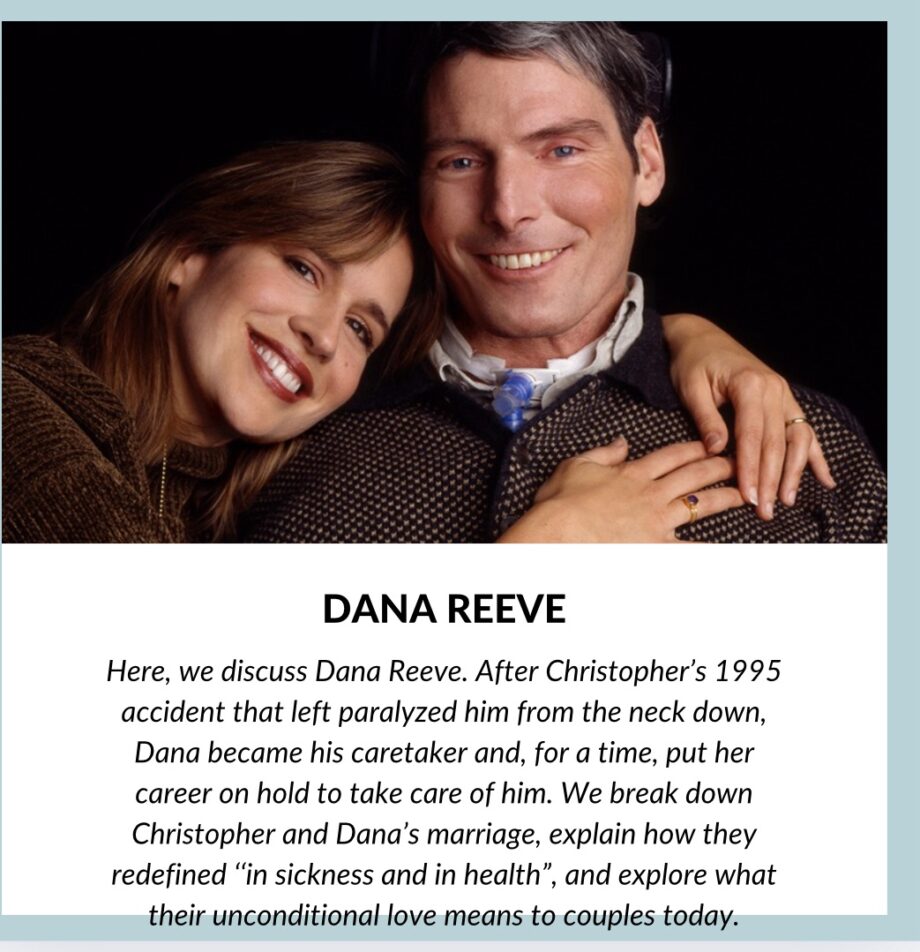


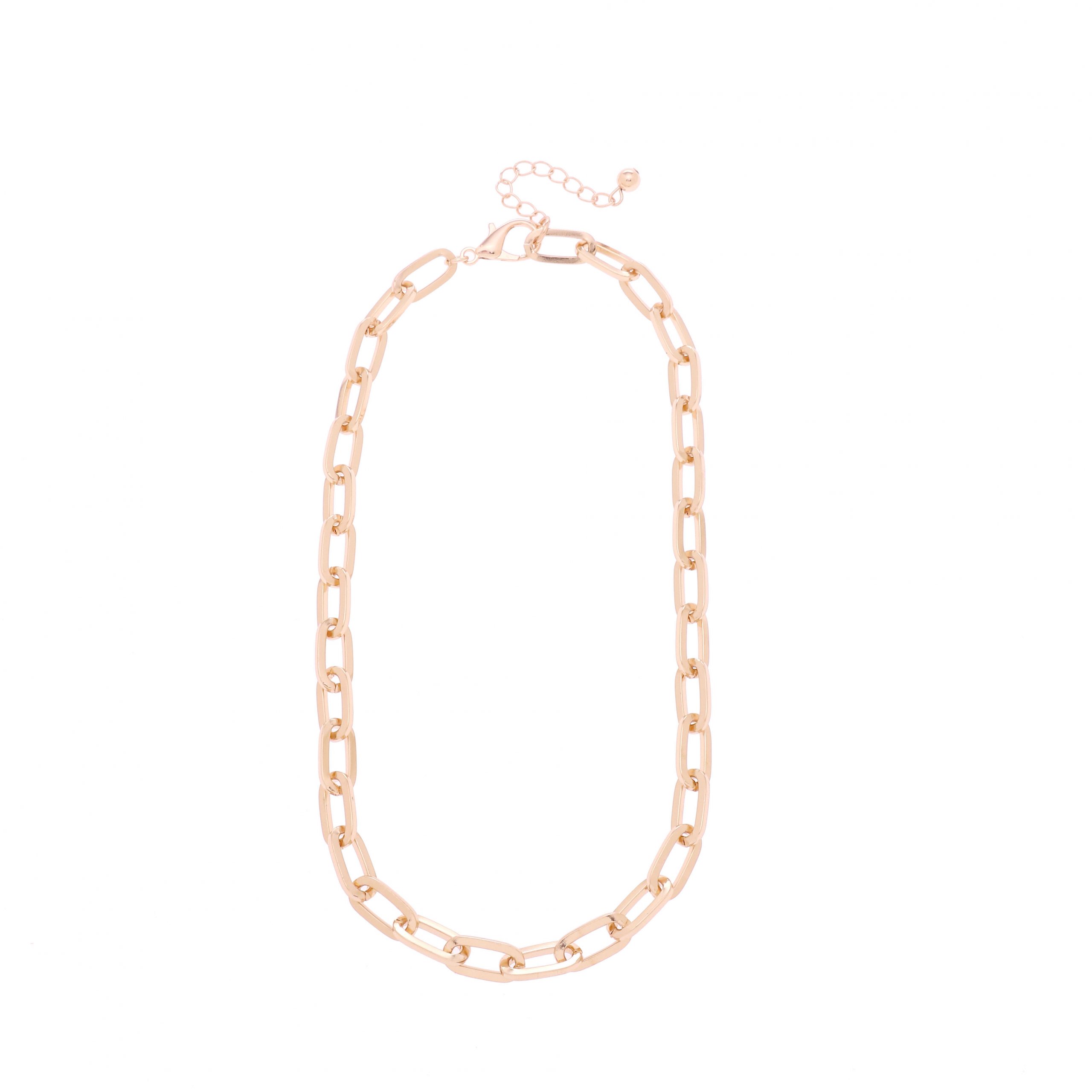
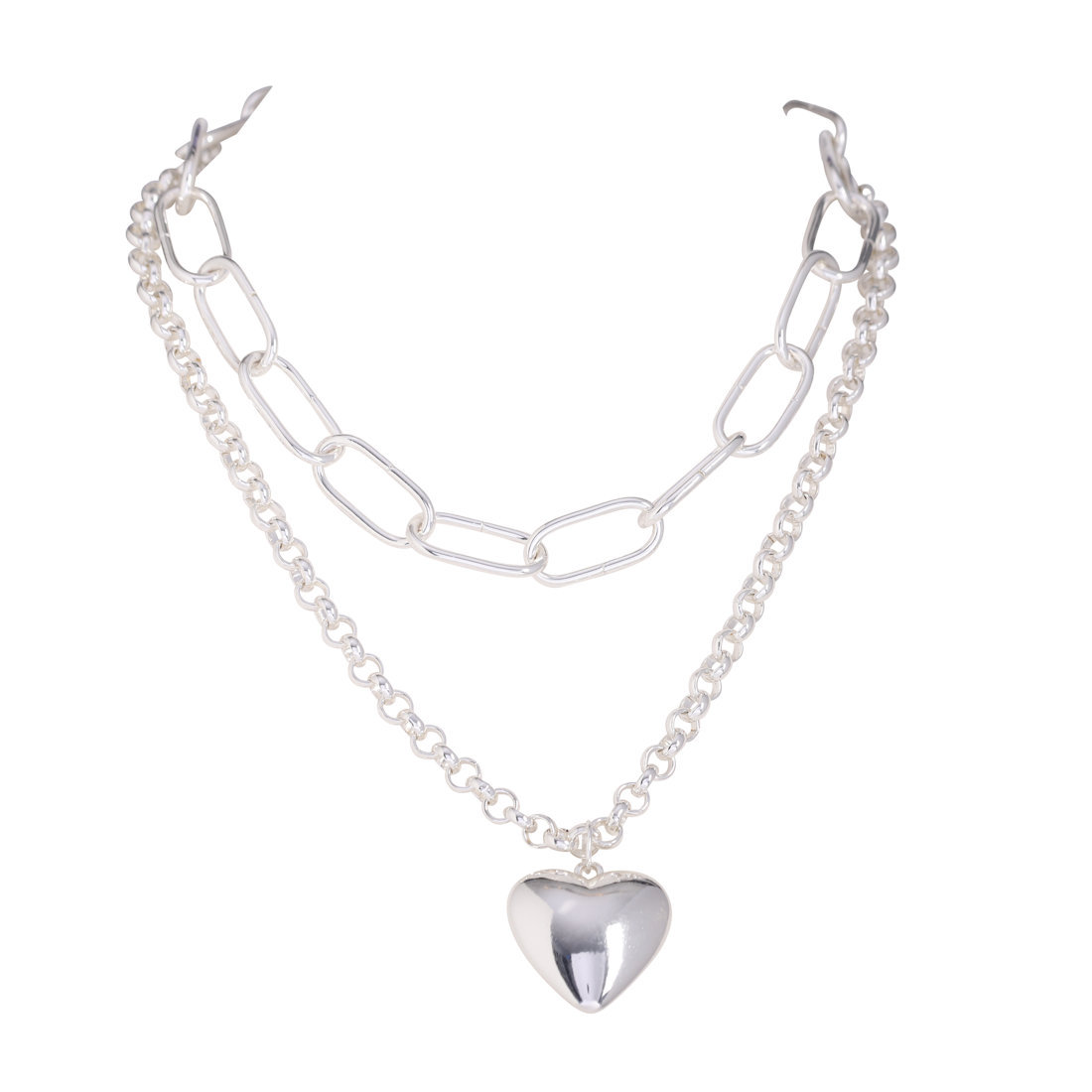
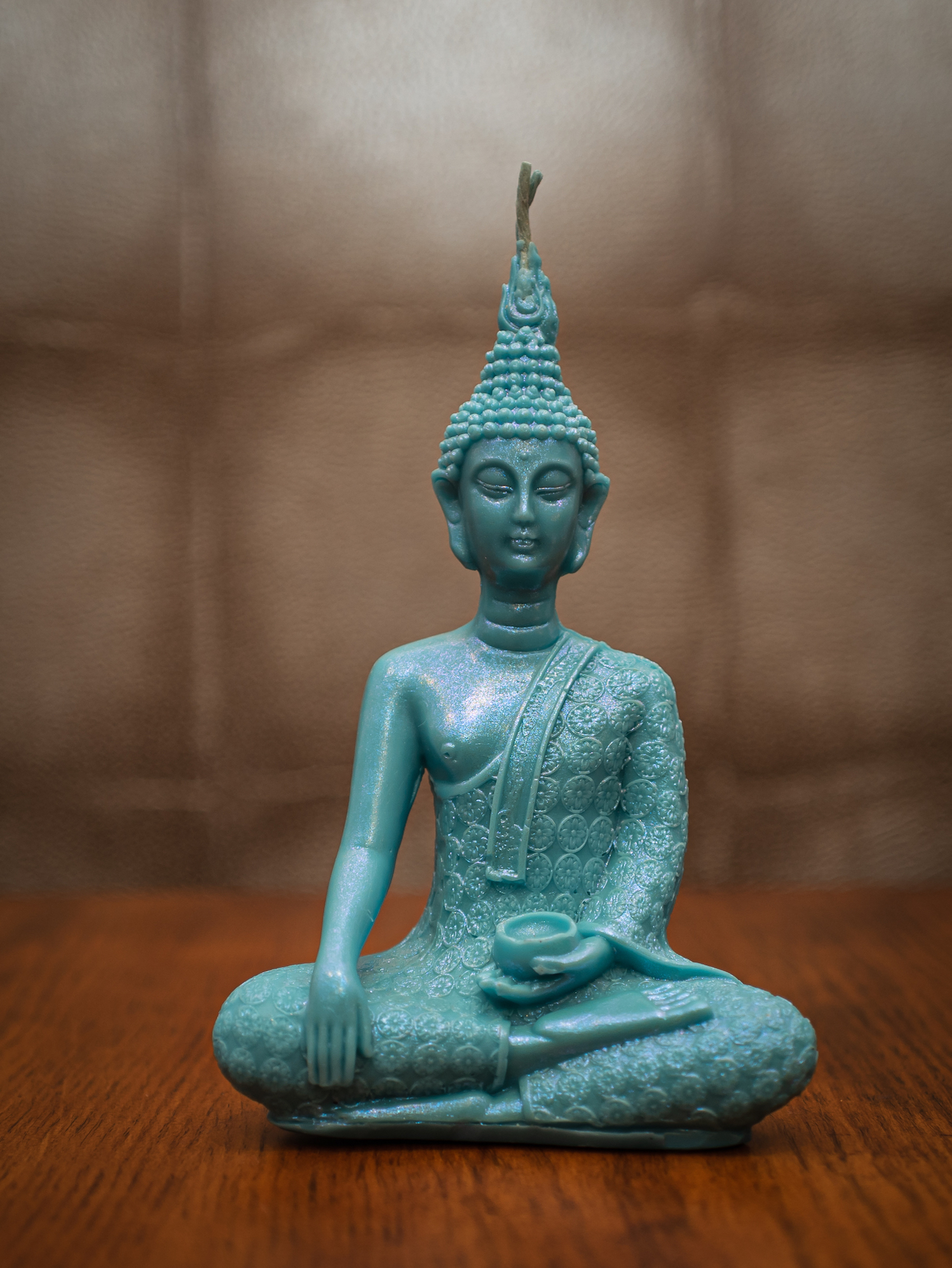
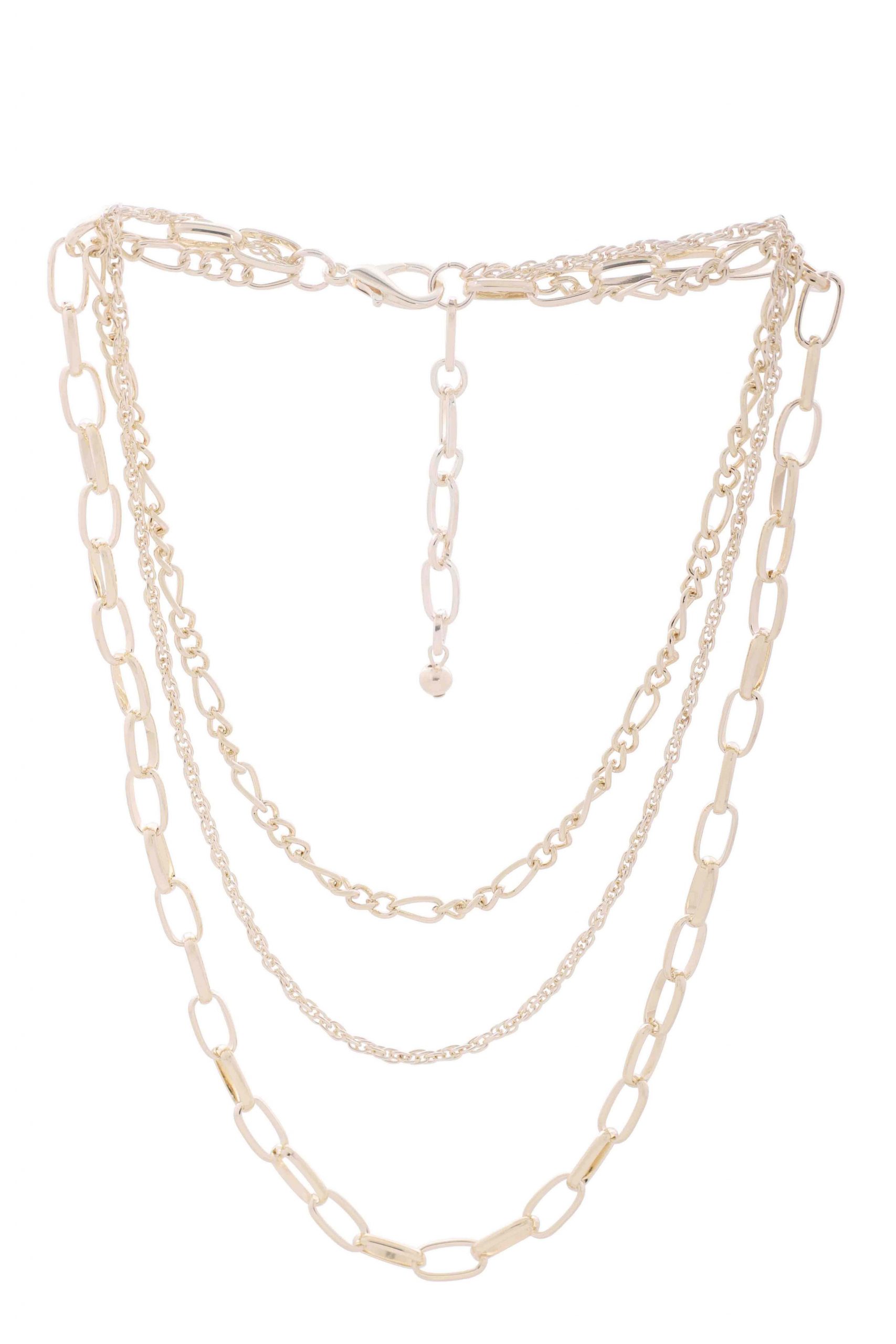
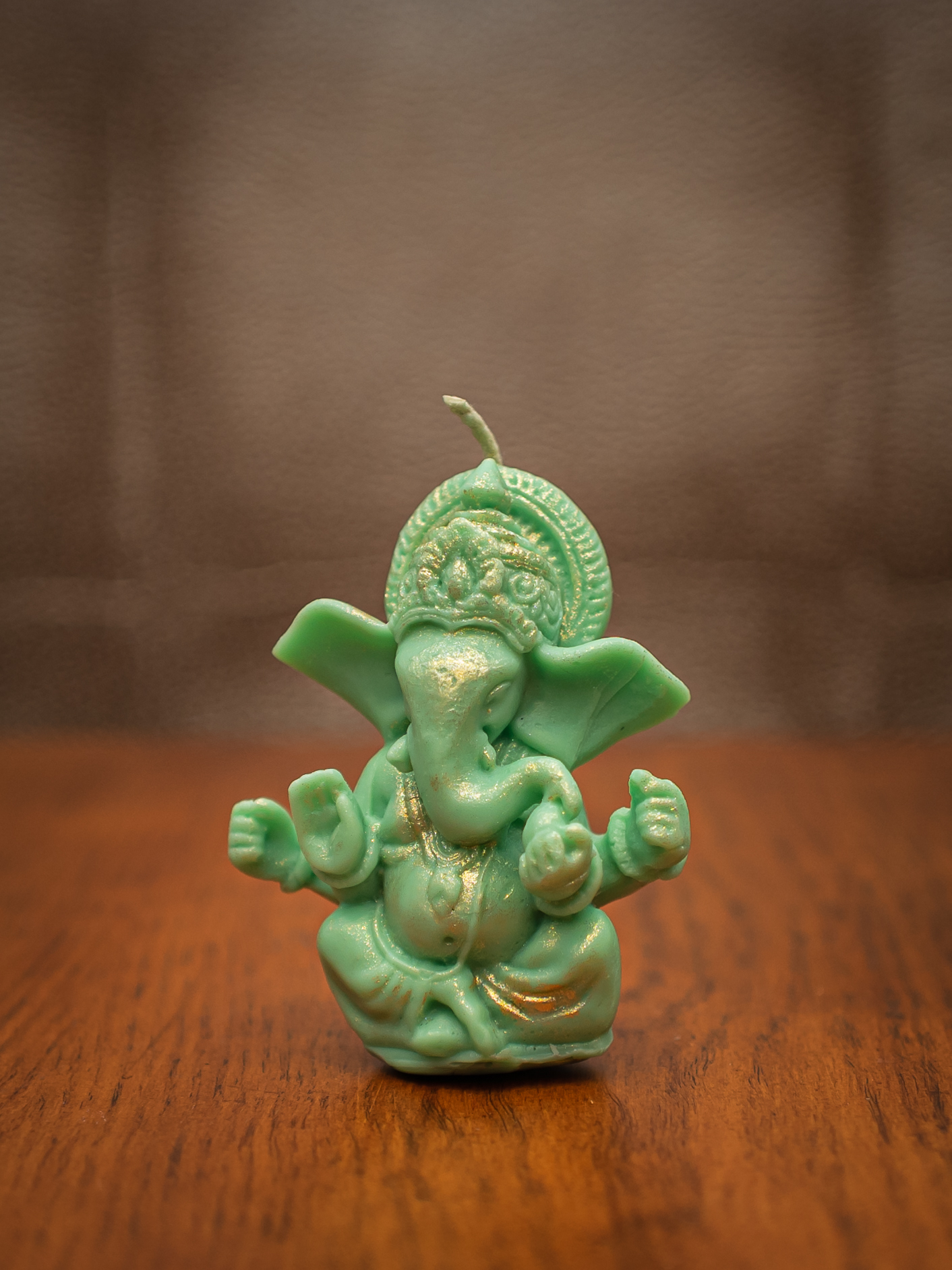

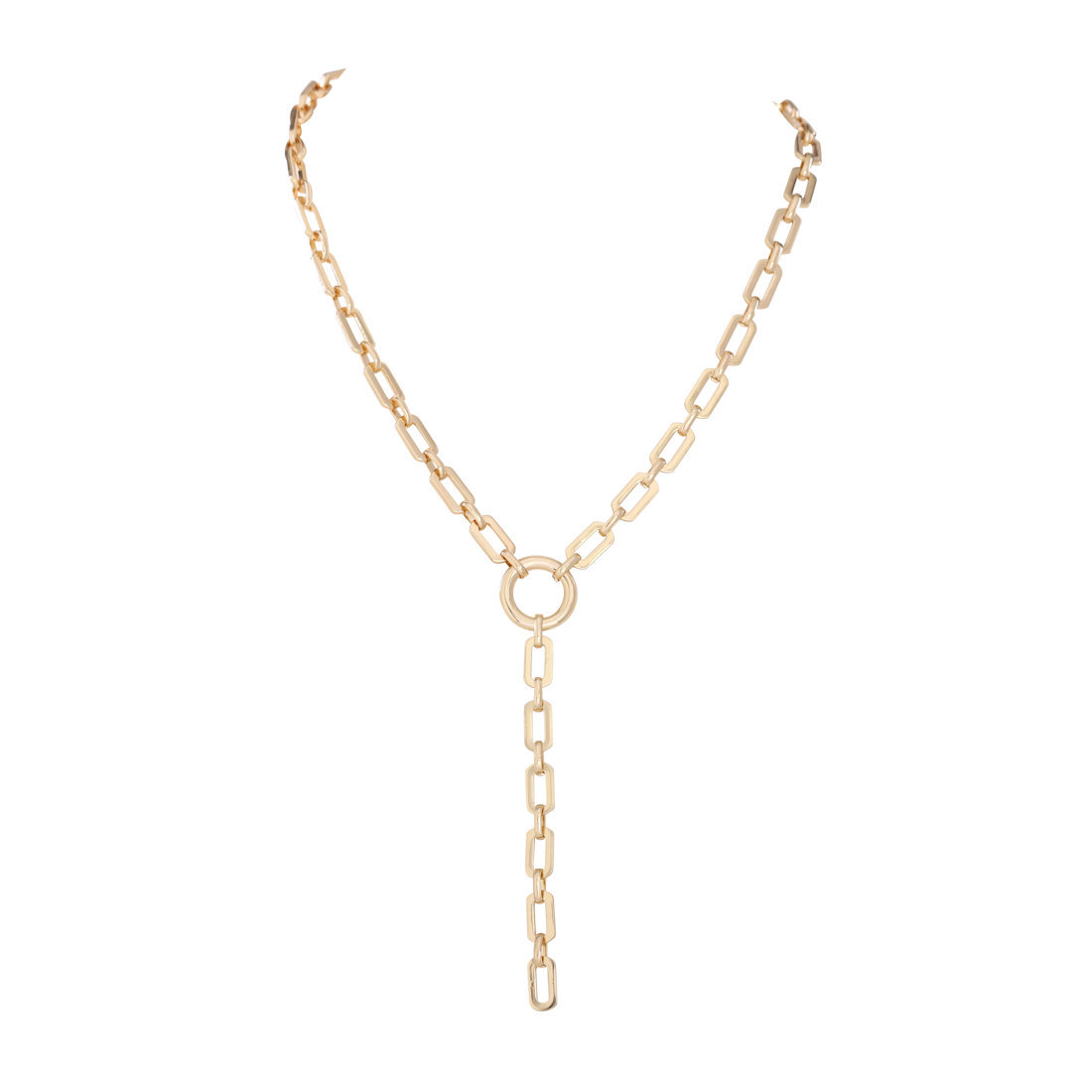
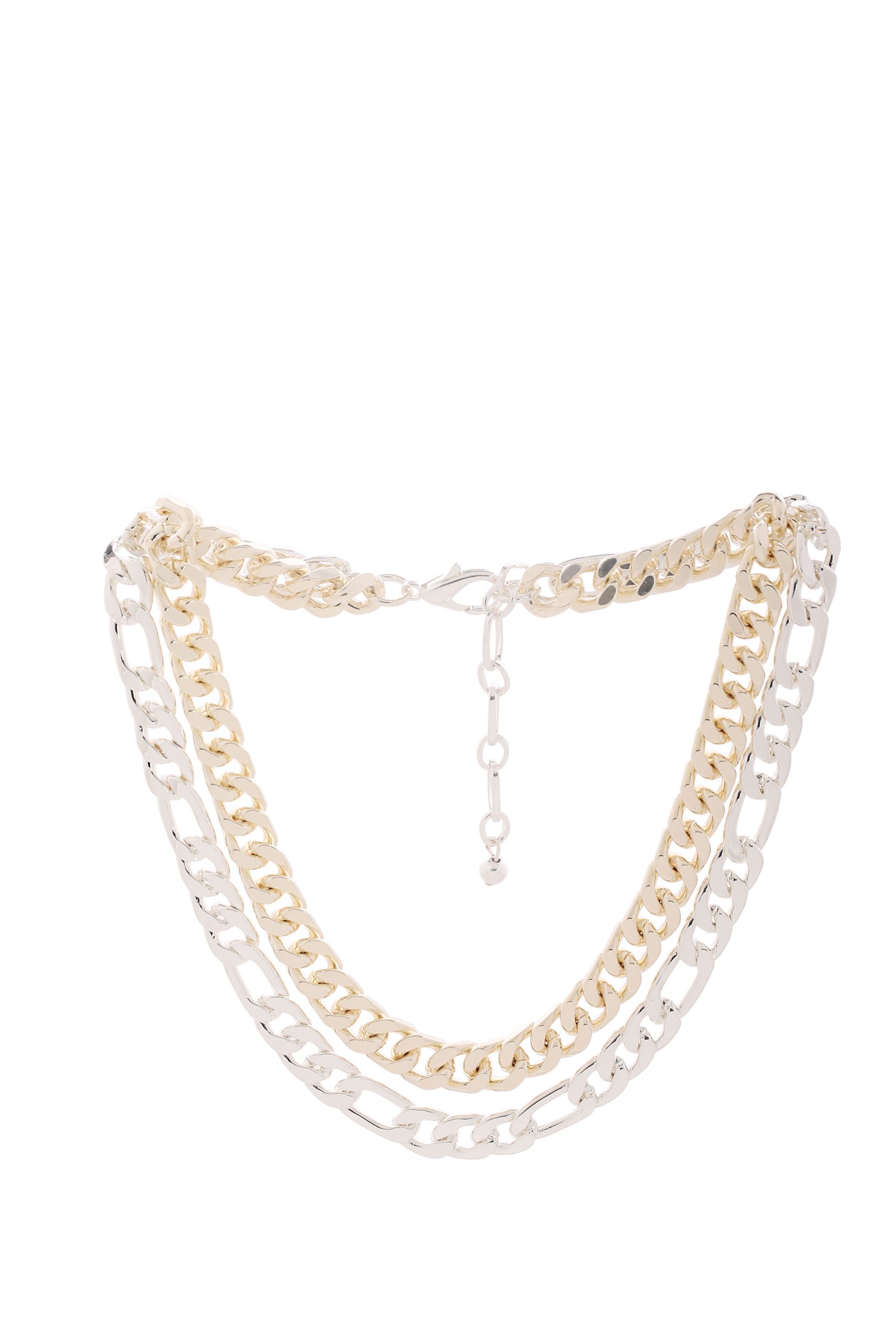
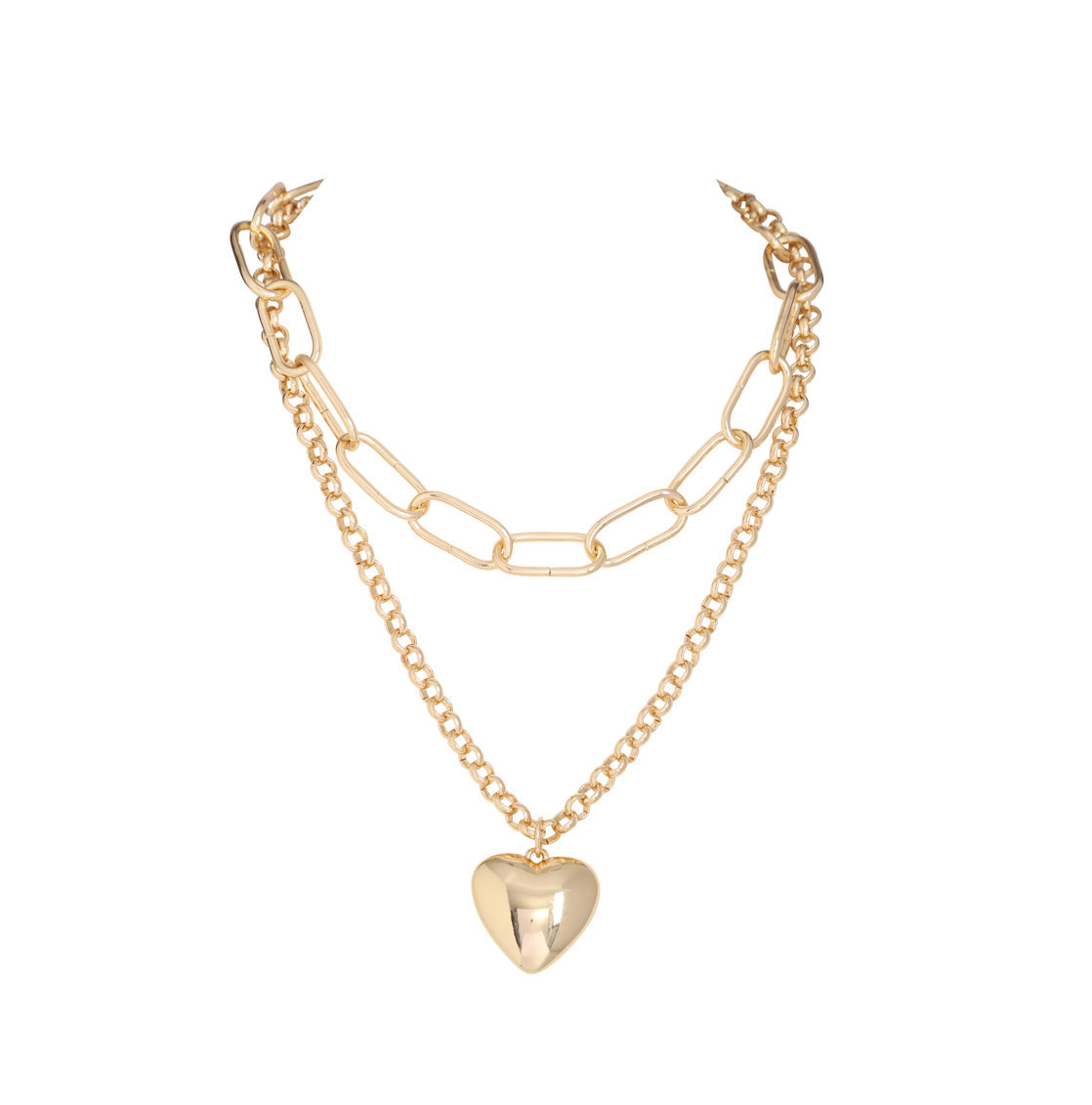
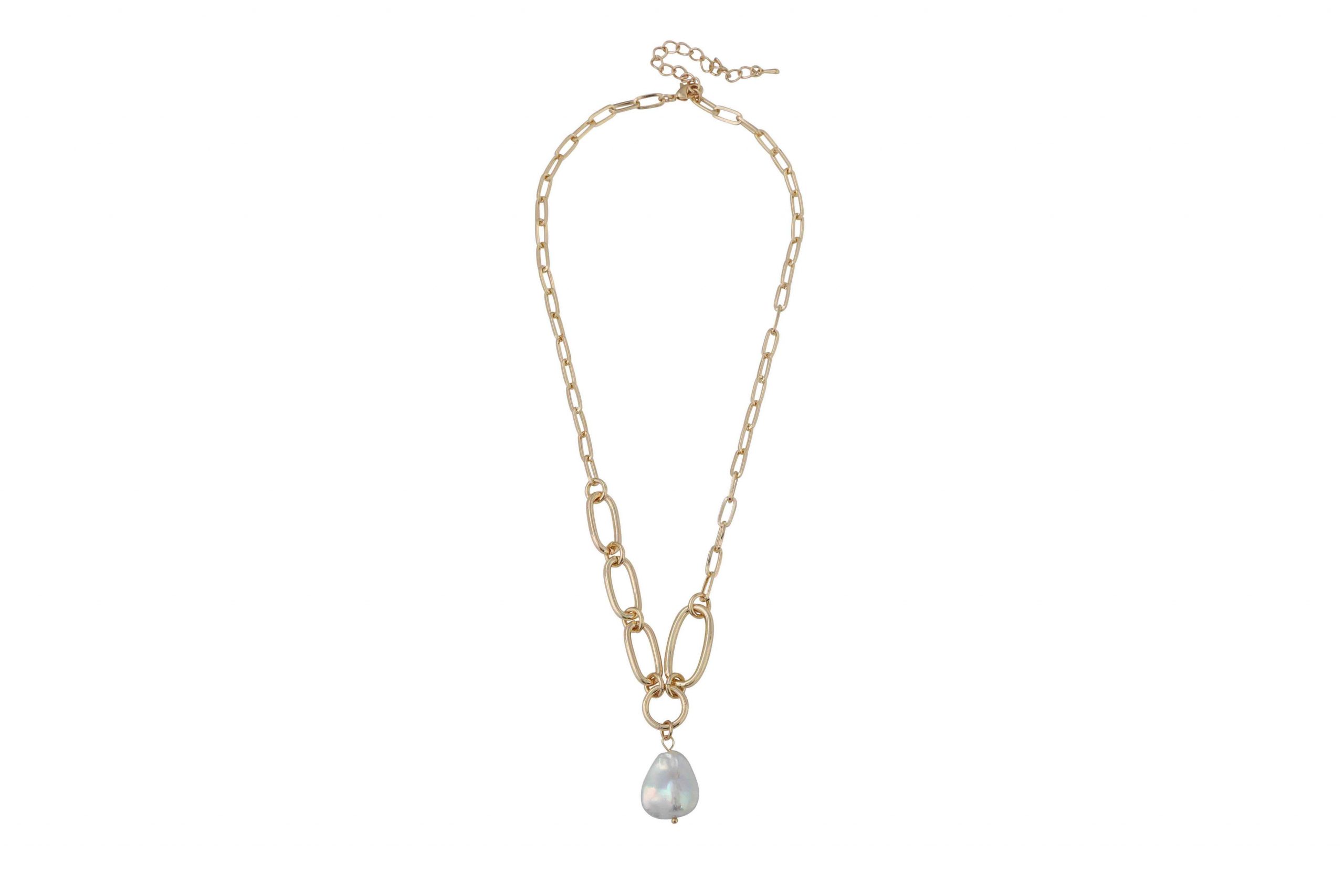
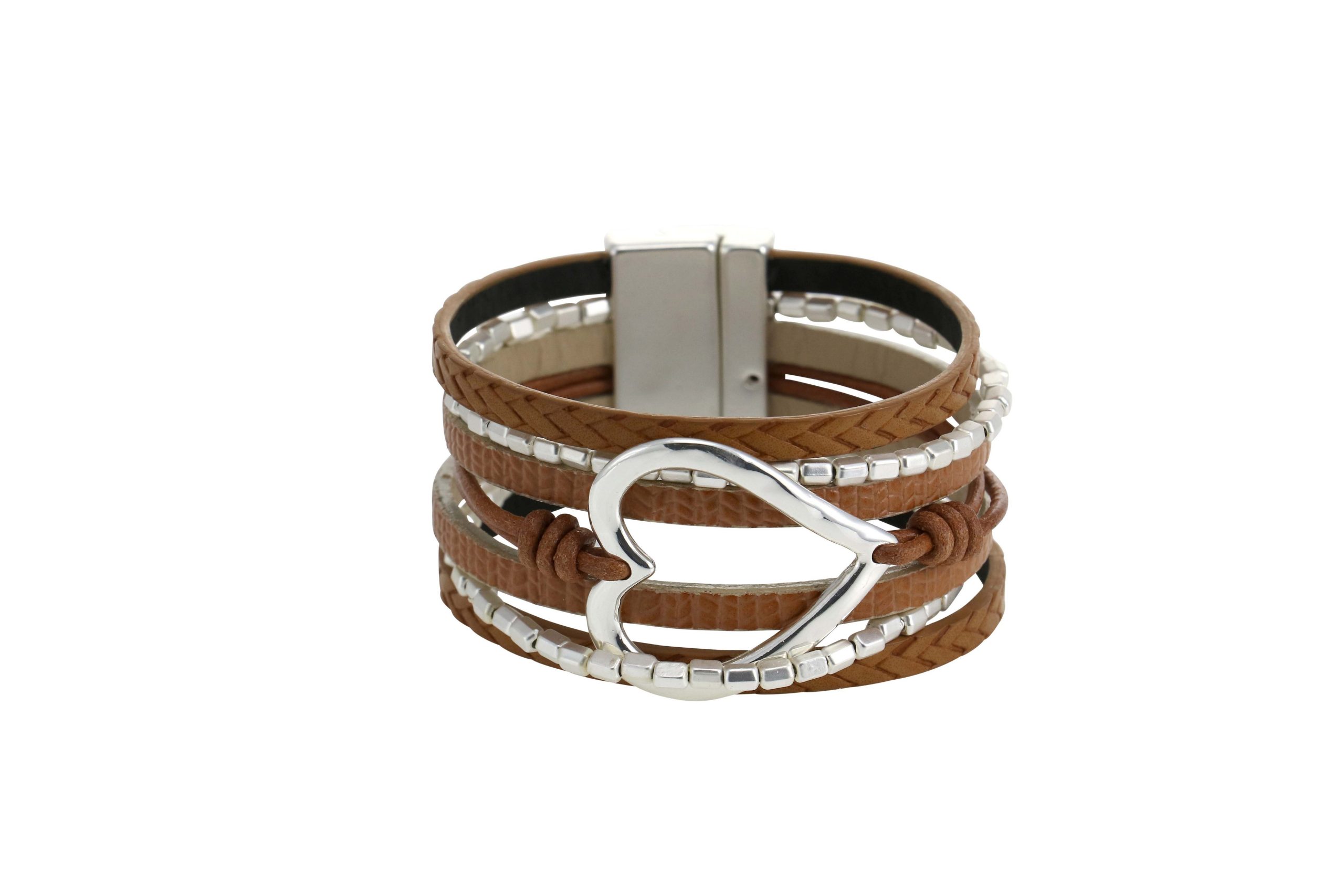
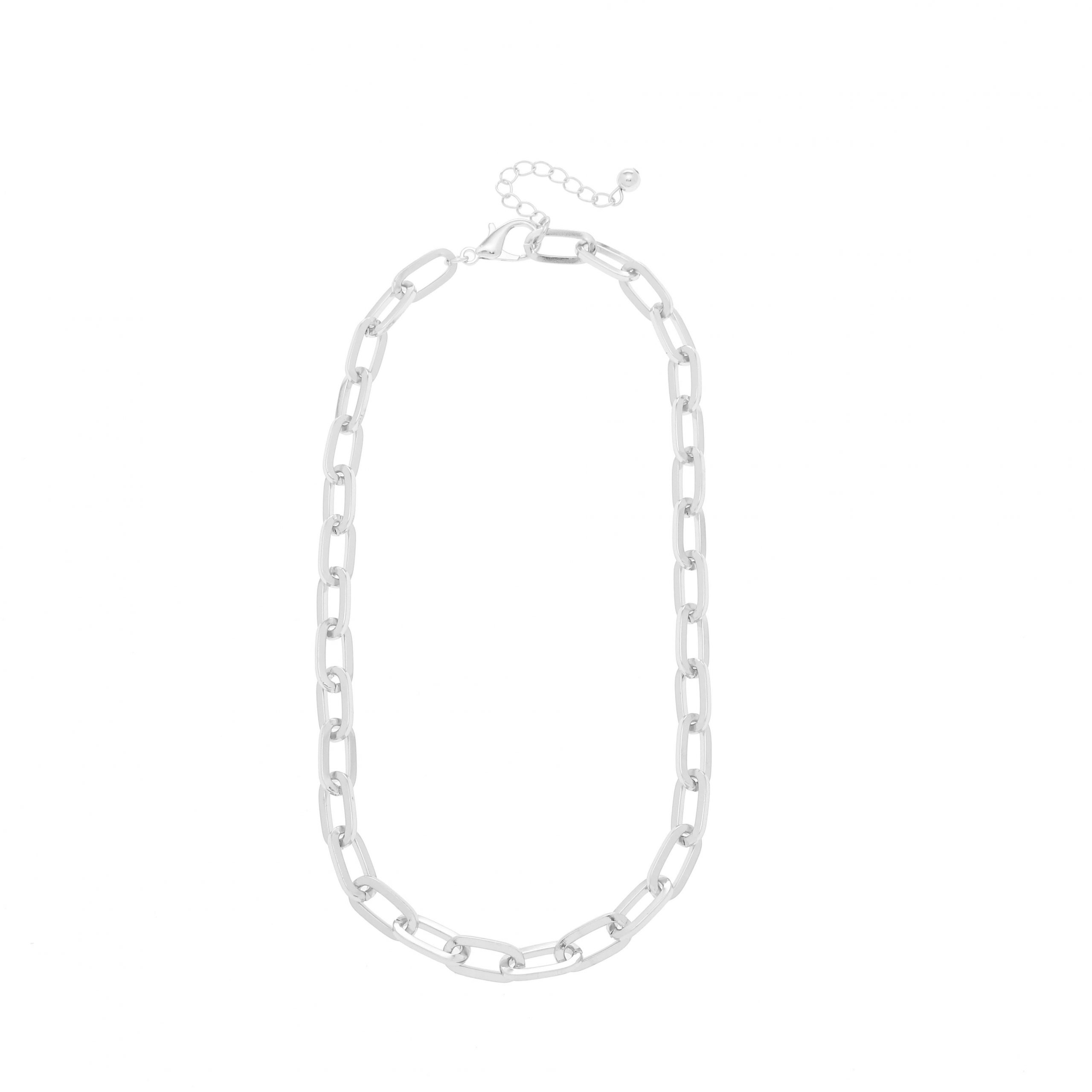





She was such an amazing woman. I think he hit the lottery with her.
We recently watched a documentary about Christopher Reeve and how life changed for them all. Such an inspiration
Dana Reeve was an extraordinary woman. I had the pleasure to watch the Christopher Reeve documentary, and it really shed a light on just how much she loved her husband and how much he loved her as well.
Dana is so often overlooked in the story of Christopher Reeve! She did so much for him and it was clear how much love she had.
What a truly remarkable woman! To take care of someone in a way that exudes such unconditional love is not easy. She did as much as she could have!
A powerful reflection on love, resilience, and family. It’s a beautiful reminder that life can change in an instant, and the most important thing is the love we share and the support we give one another.
How powerful!
It is interesting to read about Dana Reeve as a caregiver. She was such a great support for Christopher Reeves. I still remember when this first happened.
Well done on her sticking with her partner as he fell ill. That must have been such a hard task.
Dana is/was beautiful inside out. I honestly didn’t know most of these, both about Dana’s support and going through with the foundation and William’s friendship with C.Reeves, such a beautiful friendship…They all made living their lives worthwhile…
I love how you shared Dana Reeves’ story with us! We often hear about her superman husband Christopher Reeves, but rarely hear much about her! Her story is very inspiring!
I can’t wait to see the biography of Christopher. I loved his work and watched the years after his accident.
What a moving, inspiring and wonderful read this is. Christopher Reeve has always been one of my favourite actors so seeing him struggle after the accident was heartbreaking. Dana was everything he needed and more, she is such an inspiration
Such unconditional love she had for her husband. It just so sad that she also passed away a few years after him.